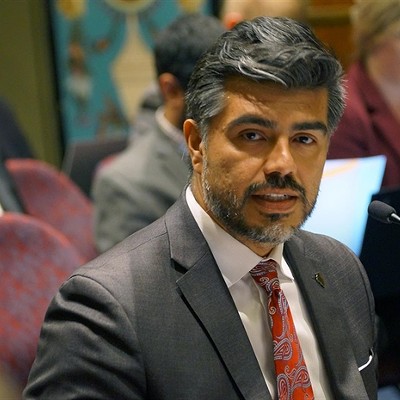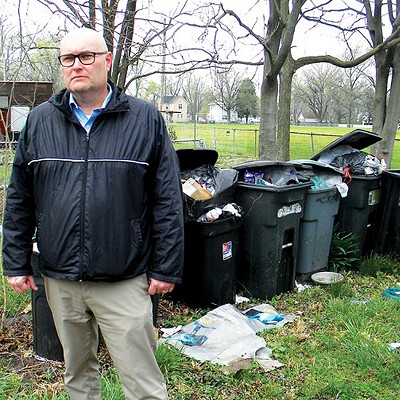Governor Bruce Rauner signed into law a package of bills to improve treatments and medical access for mental health and substance use disorders.
At a press conference at the Memorial Center for Learning & Innovation in Springfield, Rauner, mental health experts and substance abuse treatment advocates discussed the bills, while stressing the importance of adequate quality in treating patients statewide with mental health and substance use disorders.
“We are taking steps to dramatically improve mental health and substance use disorder treatment for the people of Illinois,” Rauner said. “These five initiatives work together to improve the quality of care and hopefully, the quality of life for so many Illinoisans suffering from mental health and substance use disorders.”
The Emergency Opioid and Addiction Treatment Access Act, sponsored by Sen, John G. Mulroe, D-Chicago, removes prior authorization barriers by authorizing health care providers to give immediate access to outpatient treatment. Sara Howe, chief executive officer of the Illinois Association for Behavioral Health, said that the bill had its origin in the opioid crisis. “I advocated for a bill which has its roots in the opioid epidemic, which we know has devastated both rural communities and cities and suburbs across the state,” she said.
According to the Illinois Department of Public Health, opioid overdoses have killed nearly 11,000 people in Illinois since 2008. Last year, almost 2,000 people died of overdoses. “What this bill will do is provide immediate access to treatment. It will remove that prior authorization that will give somebody immediate access instead of having to wait two, three or four days, when they need help right now,” Howe said.
Another initiative, sponsored by Sen. Kwame Raoul, D-Chicago, changes insurance companies’ coverage of mental health and substance use disorder treatment. This increases the ability of the Department of Insurance to protect its consumers in the process. David Lloyd, director of policy for The Kennedy Forum Illinois, a Chicago-based mental health facility, said the legislation will hold insurers accountable for complying with state and federal mental health parity laws.
“When the governor signs this bill into law, Illinois will have the strongest mental health and addiction parity law in the country,” Lloyd said. “That is critical to saving lives and that is critical to combating our state’s ongoing opioid epidemic and also our rising suicide rates. When people have access to mental health and addiction coverage under their health plans, they get the treatment that they need and ultimately they can live full and productive lives.”
Additionally, a measure sponsored by Sen. Andy Manar, D-Bunker Hill, and Rep. Sue Scherer, D-Decatur, enables behavioral and mental health experts to provide better treatment by allowing Medicaid patients to use telehealth technology. “Telehealth medicine is the way of the future,” said Scherer. “After working nine months on this bill, it is now becoming law. I appreciate the bipartisan support from both the House of Representatives and the Senate.”
The Early Mental Health Addictions Act authorizes waivers that could allow treatment for serious mental illness for young adults who experience psychosis. “You would think that early treatments are what we would expect from mental health and addictions. But often, people wait years before they are able to get treatments, and they suffer significant debilitating conditions in the lag time that they are unable to get treatment,” said Heather O’Donnell, senior vice president of Advocacy and Public Policy at Thresholds. “What this bill does is create early treatment teams tailored specifically for adolescents and teens who are at the early stages of mental health condition.”
Finally, the Community-Law Enforcement Partnership for Deflection and Substance Use Disorder Treatment Act establishes a partnership between law enforcement agencies and licensed substance abuse service providers to assess and coordinate proper substance abuse treatment. “Our police officers want to help us solve the problem, not just punish people,” Rauner said. “This effort builds community and allows our law enforcement and peace officers a way to give people help instead of a criminal record.”
Rauner concluded that these bills are about making Illinois a national leader in delivering mental health services. “This is very important legislation because they are great progress done in a bipartisan basis,” he said. “These bills work in partnership with what our administration has done in achieving a very important waiver from the federal government in our Medicaid program to get proactive, high-quality mental health services.”
Alex Camp is a master’s degree graduate in Public Affairs Reporting from University of Illinois Springfield. He is currently a freelance journalist. Contact him at [email protected].















